By Chen Caixia, Wu Xinru, Xue Lingqiao
(ECNS)-- Within a month of taking office, U.S. President Donald Trump signed dozens of executive orders initiating layoffs, shutting down agencies, and reviewing government spending. These moves have drawn worldwide attention.
So how can we evaluate the performance of the new U.S. administration? How should China respond to the challenge of U.S. protectionism?
In the latest W.E. Talk, John Ross, former director of Department of Economic and Business Policy for the Mayor of London and senior fellow at Chongyang Institute for Financial Studies at Renmin University of China (RDCY), and Zhu Feng, professor and dean of School of International Studies at Nanjing University, were invited to discuss certain topics.
Storm-like restructuring
After the inauguration, Trump has unleashed a flurry of executive orders, bringing sweeping changes to domestic policy while taking a hardline approach on the global stage. Both the U.S. and countries around the world are already feeling the shockwaves of the current Trump administration.
"The U.S. is indeed at a critical turning point, with its GDP growth stagnating at just 2 percent and a decline in living standards," Ross said, emphasizing that Trump's push for "change" is inevitable.
"The key word I would give about the Trump administration is going to be ‘Change' and how Trump takes the change will have a huge impact on the whole world," said Ross.
According to Ross, the new Trump administration faces two key paths for transformation. The first is a domestic overhaul—cutting military spending, streamlining the inefficient healthcare system, and redirecting funds to stimulate economic growth. The second is adopting an aggressive foreign policy, continuing Biden's hardline diplomatic policy, including maintaining unwavering support for Israel.
Zhu noted that the U.S. is undergoing a turbulent period of internal restructuring. He outlined four priorities of Trump's new administration.
First, large-scale deportations. Trump has already begun deploying military forces to deport illegal immigrants and tighten control over the U.S.-Mexico border.
Second, tariff impositions. He has again raised tariffs to revive manufacturing.
Third, domestic policy overhauls. The President has revoked nearly 80 of Biden's executive orders, reshaping key governance policies.
Fourth, regional expansionism. His administration remains focused on advancing U.S. interests and strengthening its influence across the Americas.
"This is not just a radical reshaping of the U.S. government, but also a challenge to the current international order—one that will unleash a new wave of ‘Trump shocks' across the world," Zhu analyzed.
Global economy faces further division
In Trump's diplomatic playbook, withdrawing from international organizations, territorial expansion, and wielding tariffs as weapons have become defining traits -- disrupting the global economy.
He has already announced 25% tariffs on all steel and aluminum imports into the United States with no exceptions or exemptions. China now faces a 10% additional tariff, while Canada and Mexico have been granted a 30-day "probation" period.
Ross suggests that these higher tariffs on other nations reflect declining international competitiveness of the U.S. He warned that current tariff measures will cost the average American household an additional $800 per year, with further increases potentially raising that burden to $2,000-$3,000 annually. "Higher tariffs will only worsen U.S. inflation," he cautioned.
Ross also highlighted that economies in the Global South countries are experiencing rapid growth. By clinging to protectionist policies -- wielding "tariff stick" and erecting economic barriers -- the U.S. risks further diminishing its global competitiveness. In the long run, such moves could deepen the divide in the world economy.
Trump's efforts to shield the U.S. market through tariffs and politicize trade could undermine WTO free trade principles and disrupt the globalization process, said Zhu.
"The core reason behind Trump's global tariff strategy is that the U.S. remains the world's largest consumer market," Zhu explained. "However, if he continues to wield to impose steep tariffs leveraging unilateral hegemony, it will inevitably provoke a strong backlash from the international community."
In addition to increasing tariffs, Trump also made a series of bold threats, including buying Greenland, annexing Canada, and seizing control of the Panama Canal, and even "taking over" Gaza.
Ross dismissed Trump's claim that he could resolve the Ukraine crisis within 24 hours as merely showing off. "Unless NATO halts its expansion, the crisis will not end," he stated. However, he acknowledged that the Trump administration might attempt to exert military pressure or explore other means to control the Panama Canal, though success remains uncertain.
Trump has consistently pursued an aggressive approach, seeking to reshape the international order through unilateral hegemony, territorial expansion and controlling key strategic routes. "This new wave of U.S. expansionism could damage its global reputation, and its success ultimately depends on how much the U.S. is willing to pay", Zhu warned.
China needs to be fully prepared
Trump once said that if the U.S. and China work together, they can solve all the world's problems, but now, he is eager to reveal his true intentions. Not only has he imposed a 10% tariff on Chinese goods, but he also convened the U.S.-led Japan-Australia-India-U.S. (Quad) Foreign Ministers' Meeting on Jan. 21, the day after his inauguration.
Zhu acknowledged that Sino-U.S. relations have now fallen into the "Thucydides Trap". With the Trump administration continuing to view China as its primary rival, it seems that a meaningful improvement in bilateral ties will be unlikely.
He also emphasized that in his second term, Trump would be likely to push forward the "Indo-Pacific Strategy", reigniting tensions over Taiwan Question and the South China Sea issues. However, most Asia-Pacific nations have little interest in escalating Sino-U.S. conflicts that could threaten regional stability.
"The U.S. seeks to both contain and cooperate with China. Over the next four years, China must be fully prepared for a prolonged strategic contest with the United States", Zhu warned.
Ross also stated that the U.S.-China relationship is one of the "most critical issues" that the current Trump administration must address.
He pointed out that China's economy is rapidly growing and has emerged as a tech leader in fields including green energy, drone development, and electric vehicles. As a result, the U.S. could export high-tech products to China, while importing medium-tech products from China, which will benefit the high-tech industry in the U.S.
"I think China's focus on cooperation is absolutely the right approach. Maintaining strong cooperation between the U.S. and China is exactly what the rest of the world expects," Ross concluded.








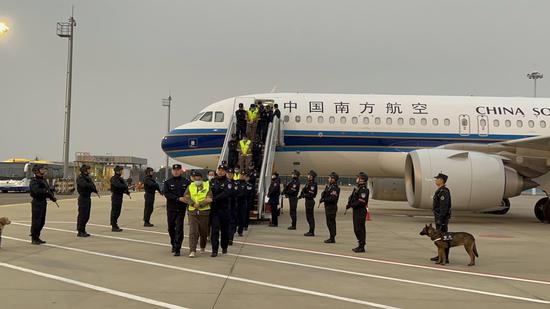


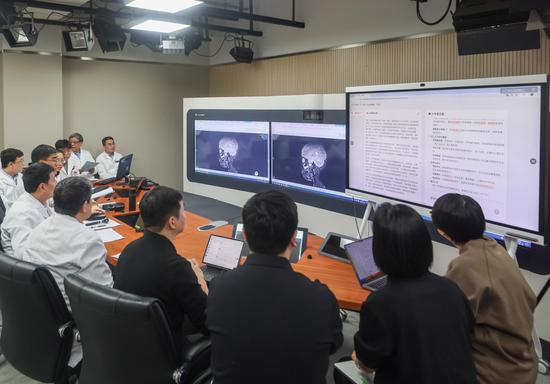



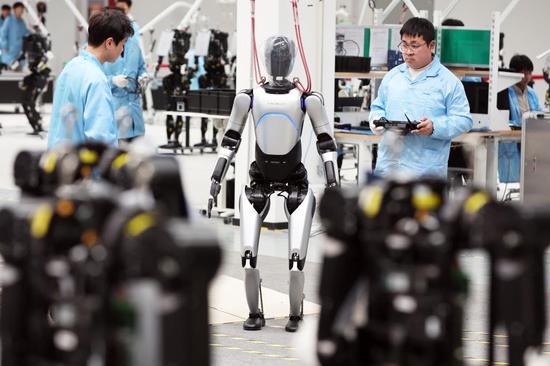



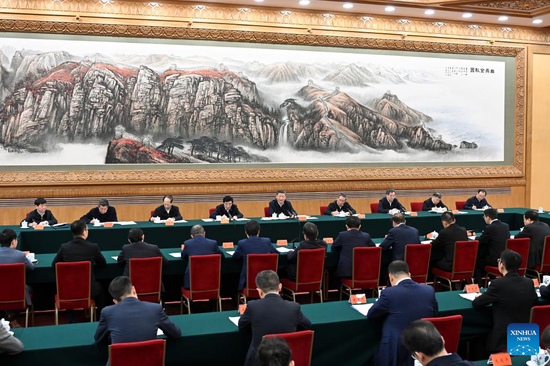

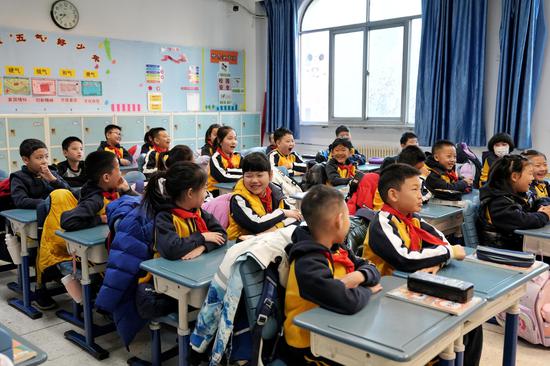





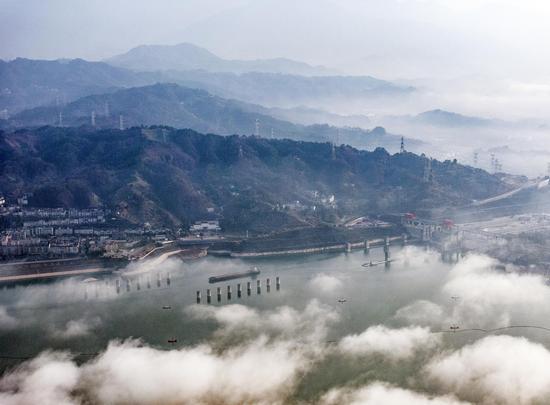















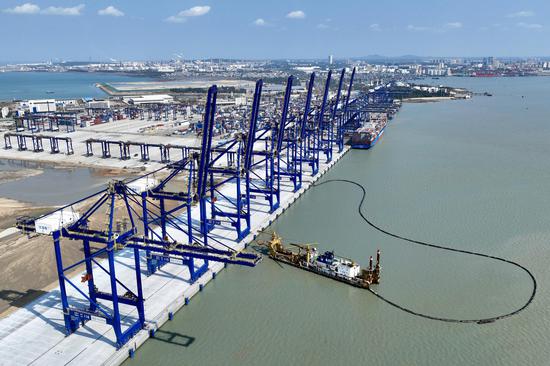


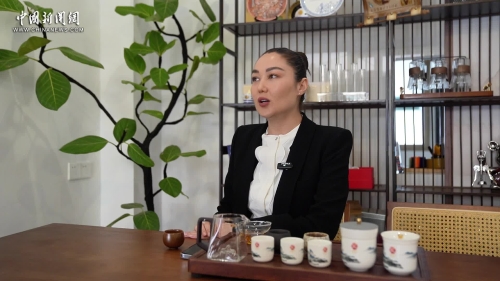

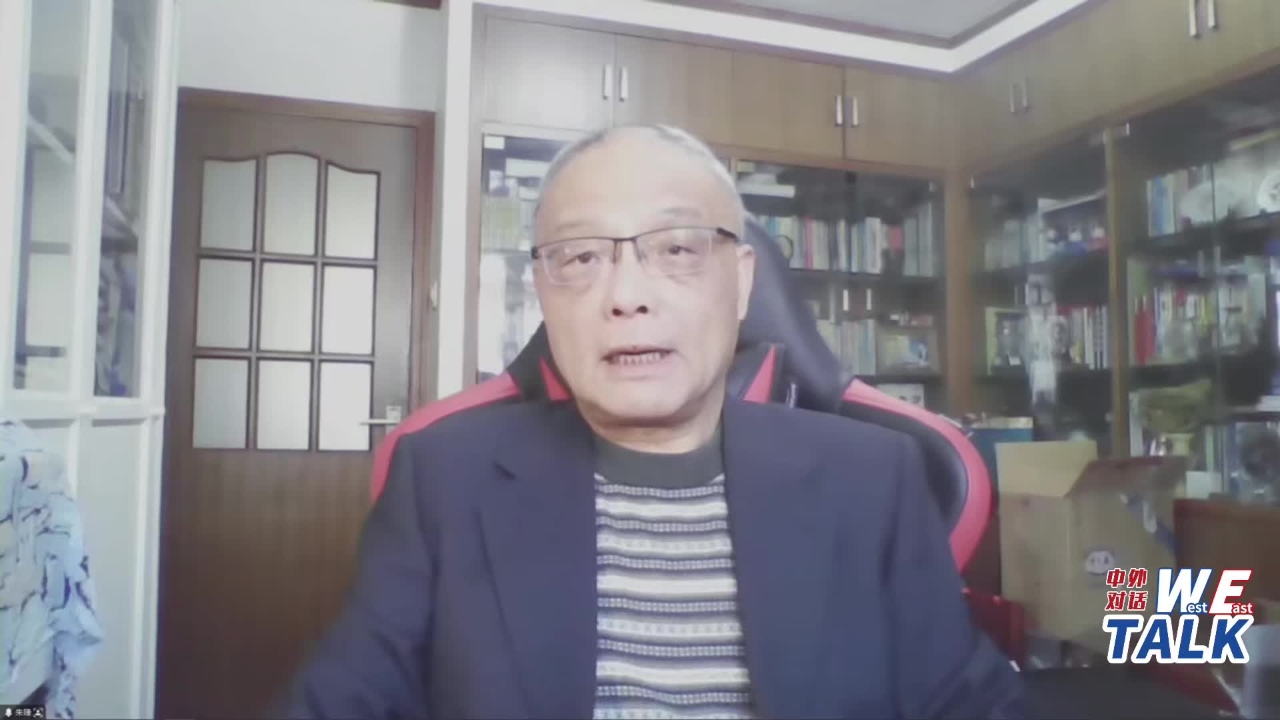

 京公网安备 11010202009201号
京公网安备 11010202009201号